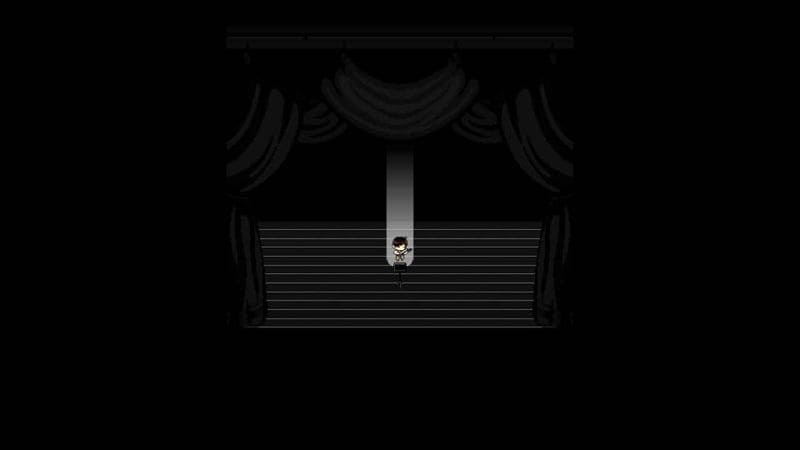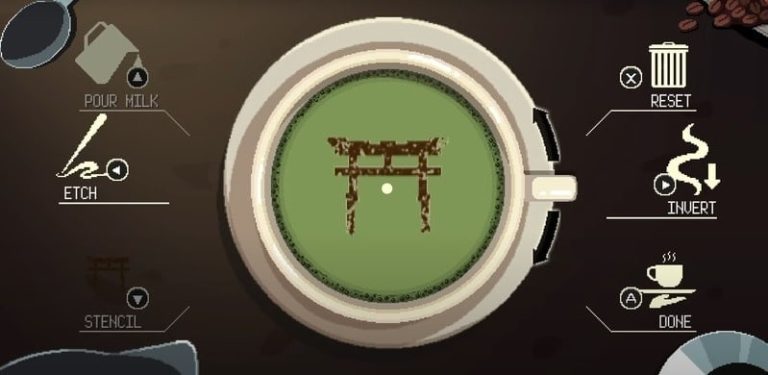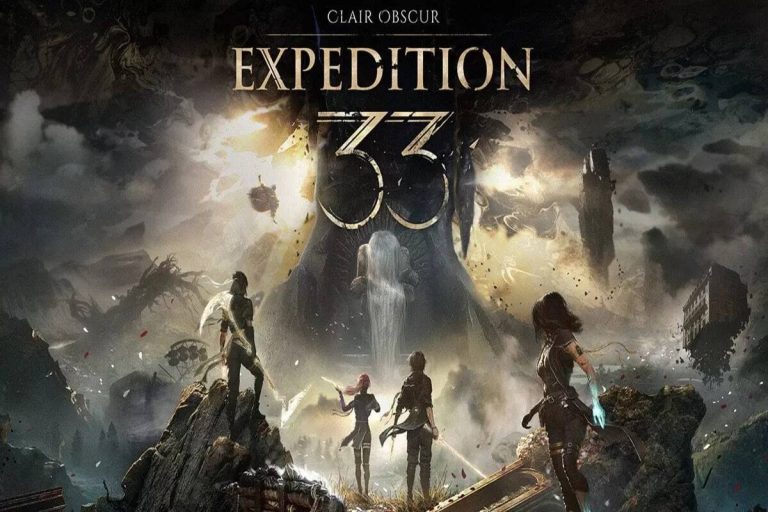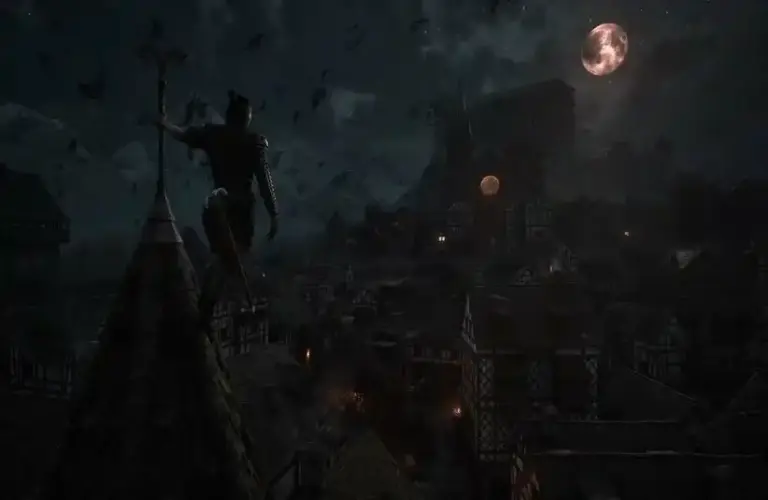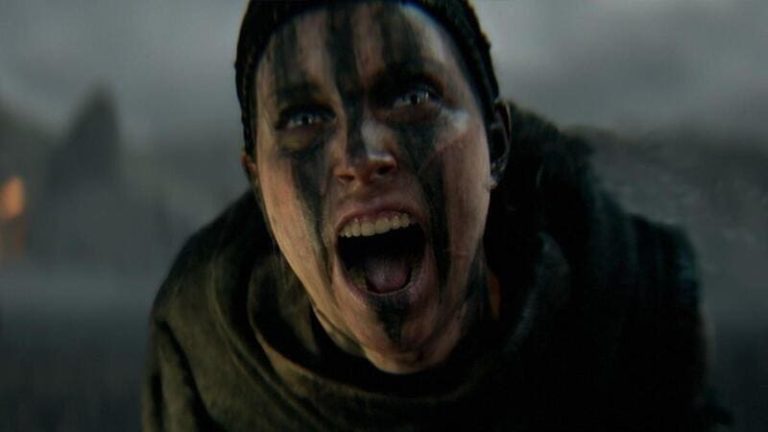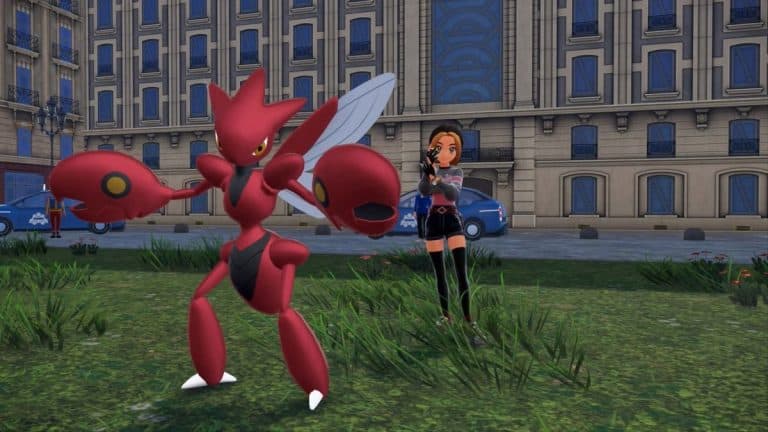The 3 Best Songs From Omori’s Soundtrack
Omori is a psychological horror RPG made in RPG Maker MV, developed by Omocat LLC which is located in Los Angeles, California. It tackles heavy and emotional subjects, such as trauma, depression, and grief. Its soundtrack is full of both energetic and emotional music, which adds to the storytelling of the game. In a game full of great music, let’s take a look at which tracks are the best among them. This article will include spoilers for the plot of Omori.
Honorable Mention: You Were Wrong. Go Back.
You Were Wrong. Go Back. is the theme for the prologue boss fight against Space Ex-Boyfriend, also known as Captain Spaceboy. Captain Spaceboy’s arc in the prologue mirrors how Hero dealt with Mari’s death: first with self-isolation, then lashing out at Kel when he tried to help. Captain Spaceboy realizing that there are other things in life that can bring him happiness, such as enjoying time spent with friends, suggests that Hero either has also made that progress or will make that progress in the future.
3. Omori/Omori – Alter
While these are technically separated into two songs, it’s only so that the final boss fight’s theme can change partway through to increase the intensity. It begins as a chilling violin piece, but as the fight continues and intensifies a low droning synth plays in the background while Omori berates Sunny. The second version, Omori – Alter, plays when the fight transitions to using the Red Space background. It incorporates discordant tones and other jarring sounds, including what sounds like a girl shrieking.
This theme fits perfectly for the final fight against Sunny’s self-hatred and guilt. During the entire fight, Omori is coldly staring at the screen while voicing every one of Sunny’s deepest hurts and how much he blames himself for Mari’s death. It’s a fight of endurance, where the boss wants Sunny to give up to restart the cycle anew like he’s done for the past 4 years before the events of the game. The theme is appropriately heartwrenching and painful, chilling and sorrowful.
2. By Your Side.
By Your Side. is a beautiful and melancholic piece. It plays in Headspace in scenes to do with Mari, such as Omori and his friends having picnics with her. There is also an optional scene once the friend group is gathered in the Faraway Town cemetery, where a slowed-down version of By Your Side. plays while the group has a picnic at Mari’s grave. As Mari’s character theme, it makes sense that the primary instrument in the theme is piano, given that it was Mari’s instrument of choice.
The piece conveys both the comfort and safety that Sunny felt with Mari, as well as his grief and mourning that she’s gone. Because the piece almost exclusively plays in Headspace when Sunny is trying to repress his memories of Mari’s death, it doesn’t convey Sunny’s guilt at accidentally causing it. Even the cemetery version plays before Sunny remembers the fateful day Mari died. Instead, the piece is an embodiment of how dearly Sunny loved his older sister and how badly he misses her.
1. Duet
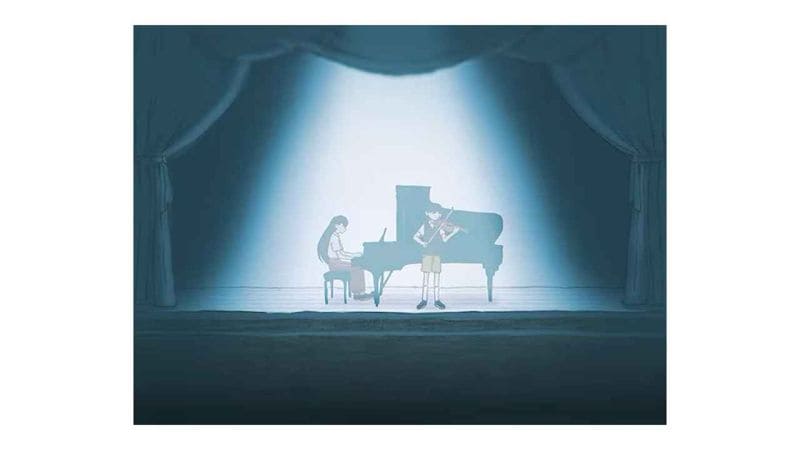
Duet plays after the final boss fight in the Sunny route, when Sunny chooses to try again rather than succumbing to his guilt and self-hatred over inadvertently causing Mari’s death. The first time that Sunny tries to fight against Omori, he loses after the grueling six-phase boss fight. Instead of the usual Game Over screen, a new screen appears asking whether Sunny wants to continue. Selecting “yes” shows Sunny getting back up and playing his violin, which plays a scene of his memories with Mari as he grew up.
It’s implied that Duet was the song Mari and Sunny were supposed to have played at the recital the day Mari died. As such, the piece is played on violin and piano. The piece opens with the piano playing, with the violin joining after the fact. This, paired with the scene shown as the music plays, is clearly meant to represent Mari being the older sister and the person Sunny looked up to. At the end of the song, the violin plays alone, just as Sunny is now without Mari.
Final Thoughts
The music of Omori is energetic and heartwrenching, beautiful and emotional. While the game’s story tackles some very emotionally heavy subjects, the good ending (in which Sunny is able to overcome his guilt and self-hatred by defeating Omori) shows that Sunny can forgive himself and move forward. Before the credits, the final scene shows Sunny waking up in the hospital bed after his panicked fight with Basil and going to tell his friends the truth. It’s left ambiguous as to how his friends will react, but the upbeat music for the good ending’s credits suggests that no matter how they react, Sunny is happy to finally have a painful weight off of his shoulders.
For More Great Content
Craving top-tier content that covers it all? From electrifying sports highlights and insider entertainment news to expert gaming tips and sharp betting advice, we’ve got you covered. Dive into our curated articles to stay ahead of the game with the latest sports action, uncover the hottest trends in entertainment, and get the lowdown on gaming strategies that could level up your play. Plus, our betting advice will sharpen your edge and boost your chances of winning big. Whether you’re looking to stay updated or gain a competitive edge, our content is your go-to source for all things exciting and relevant. Don’t miss out—explore now and power up your knowledge! Follow us on Twitter/X @TotalApexSports, to stay informed.

